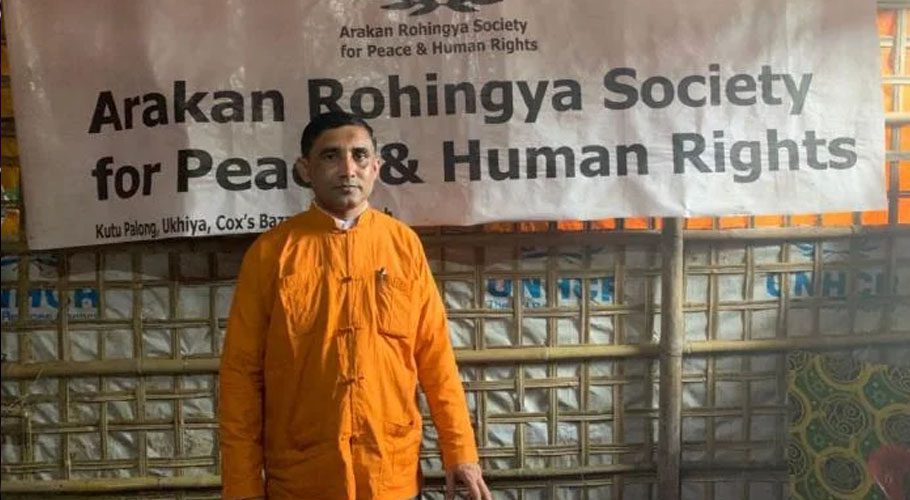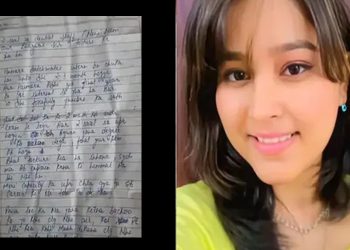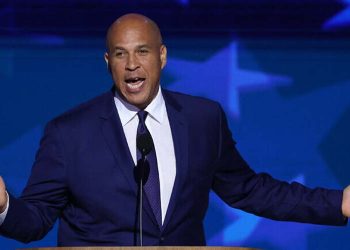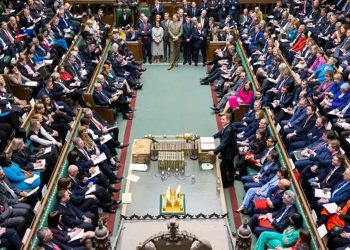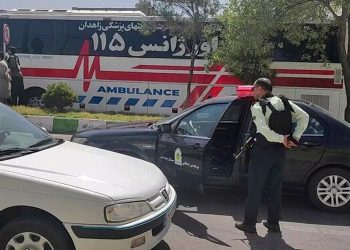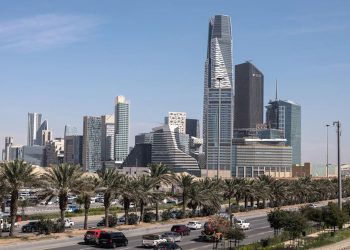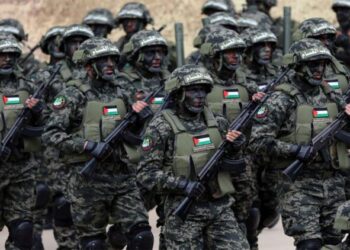COX’S BAZAR: Gunmen shot and killed a prominent Rohingya Muslim leader in a refugee camp in southern Bangladesh, following months of worsening violence in the world’s largest refugee settlement.
Mohib Ullah, who was in his late 40s, led one of the largest of several community groups to emerge since more than 730,000 Rohingya Muslims fled Myanmar after a military crackdown in August 2017.
He was one of the most high-profile advocates for the Rohingya Muslim minority that has faced persecution for generations and was invited to the White House and to speak to the United Nations Human Rights Council, Rafiqul Islam, a deputy police superintendent in the nearby town of Cox’s Bazar, said that Mohib Ullah had been shot dead but provided no additional details.
A spokesperson for the UN High Commissioner for Refugees said the agency was “deeply saddened” by the killing of Mohib Ullah. “We are in continuous contact with law enforcement authorities in charge of maintaining peace and security in the camps,” the spokesperson said.
Mohib Ullah’s group, the Arakan Rohingya Society for Peace and Human Rights, made its name documenting atrocities the Rohingya suffered during the Myanmar crackdown, which the UN has said was carried out with genocidal intent.
At the Bangladesh refugee camps, Mohib Ullah went from hut to hut to build a tally of killings, rape and arson that was shared with international investigators. His organisation worked to give refugees more of a voice inside the camps and internationally.
Speaking to the UN Human Rights Council in 2019, he said the Rohingya wanted more of a say over their own future. His high profile made him a target of hardliners and he received death threats. “If I die, I’m fine. I will give my life,” he said.
The sprawling camps in Bangladesh have become increasingly violent, residents say, with armed men vying for power, kidnapping critics, and warning women against breaking conservative Islamic norms.
Aung Kyaw Moe, a Rohingya civil society activist and an adviser to Myanmar’s National Unity Government, the parallel civilian government established after February’s coup, said Mohib Ullah’s death was a “big loss for the Rohingya community.”
“He was always aware there is a threat, but he thinks that despite the threat if he is not doing the work he is doing, no one else would,” he said.







